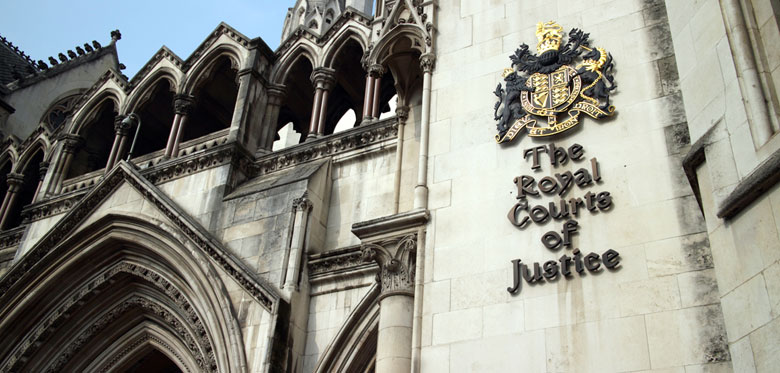The High Court has today (January 22nd) handed down its judgment in a challenge to the disclosure of more than one minor offence under the Police Act 1997 and Rehabilitation of Offenders (Exceptions) Order 1974.
Both claimants in the case have two minor convictions which will never be filtered from being disclosed on an enhanced criminal record certificate because there is more than one offence.
The offences in question occurred many years ago during a different part of their lives. Since this time, both claimants have been law abiding and had no further involvement with the criminal justice system.
The claimants argued that it is disproportionate to require them to disclose the minor offences committed many years ago as they are not relevant to their current positions in life. The convictions are spent but are required to be disclosed because certain roles and jobs require an enhanced criminal record certificate.
Because there is more than one conviction, the filtering provisions which came into force in May 2013 during the course of litigation in the case of T do not apply. These exclude the filtering of serious offences, convictions which resulted in imprisonment and individuals with more than one conviction. This case considered only the issue of there being more than one conviction.
The claimants argued that the requirement to disclose their convictions forever breached their right to privacy and could not be justified given the historic and minor nature of the offences.
The court has accepted this argument and ruled that the scheme requiring arbitrary disclosure of offences where there is more than one, cannot be justified because the convictions in these cases had no rational relationship with the purposes of requiring disclosure, such as public protection.
The court has invited submissions from the parties on the relief it should grant.
Mike Pemberton, head of public law and civil liberties at Stephensons a national law firm who acts for the claimant A in this case and previously represented T said:
"The judgment of the High Court recognises that it cannot be necessary or justifiable for an individual to have minor offences disclosed indefinitely from many years ago; merely because there is more than one minor offence.
The court heard that a more serious offence of the same type would be filtered and accepted that there could not be any rationale for the disclosure of the minor offences. I welcome the fact that the court has effectively applied what is common sense to the issue of criminal records".




Comments